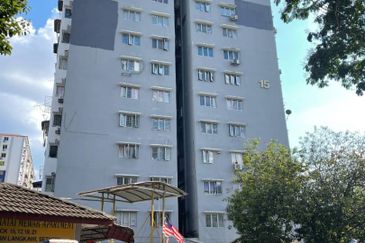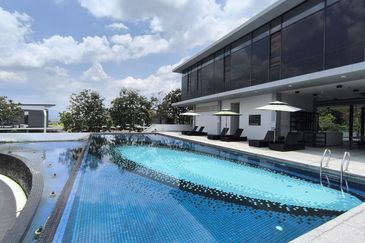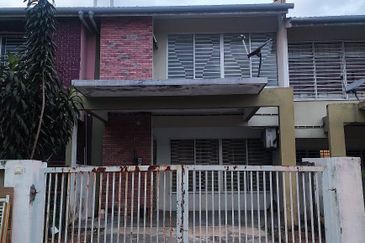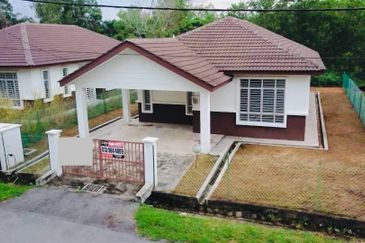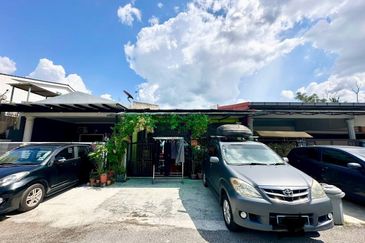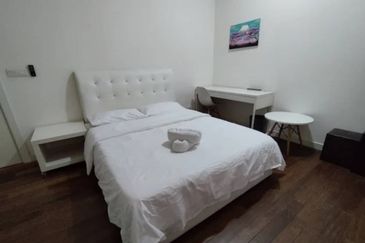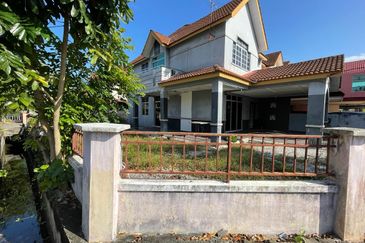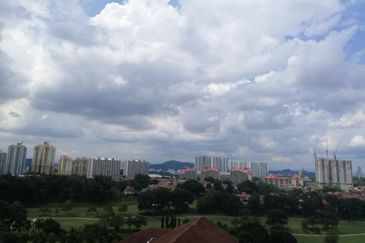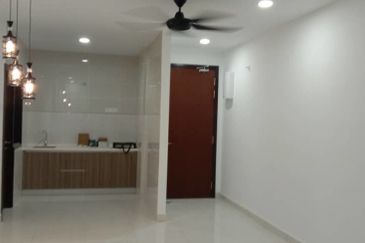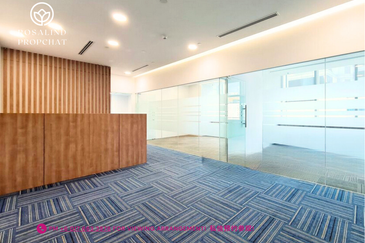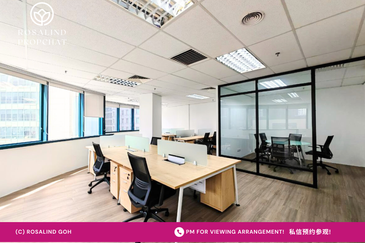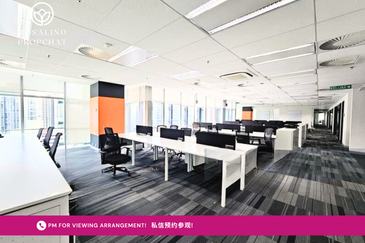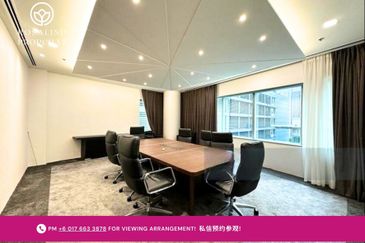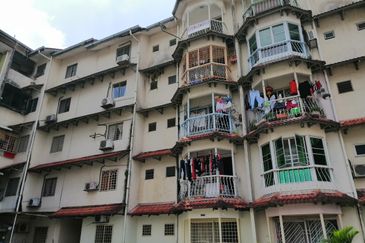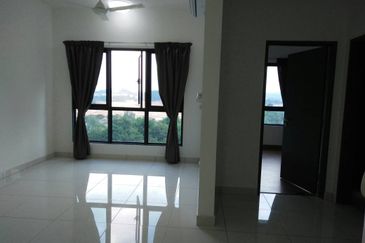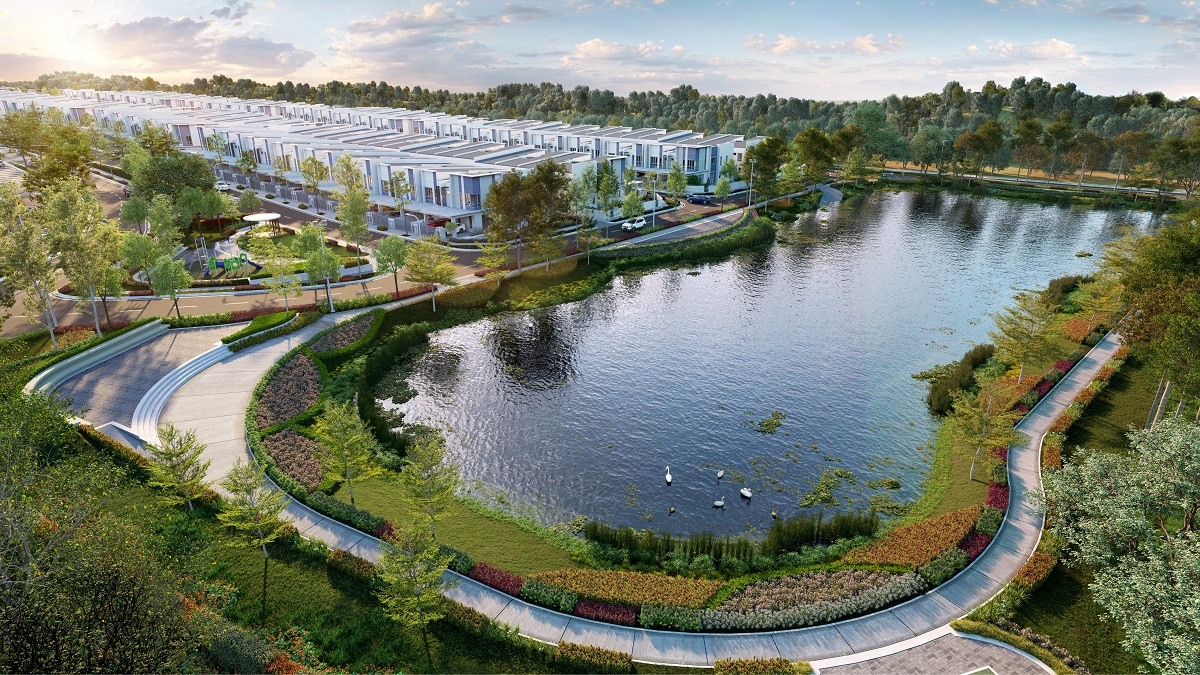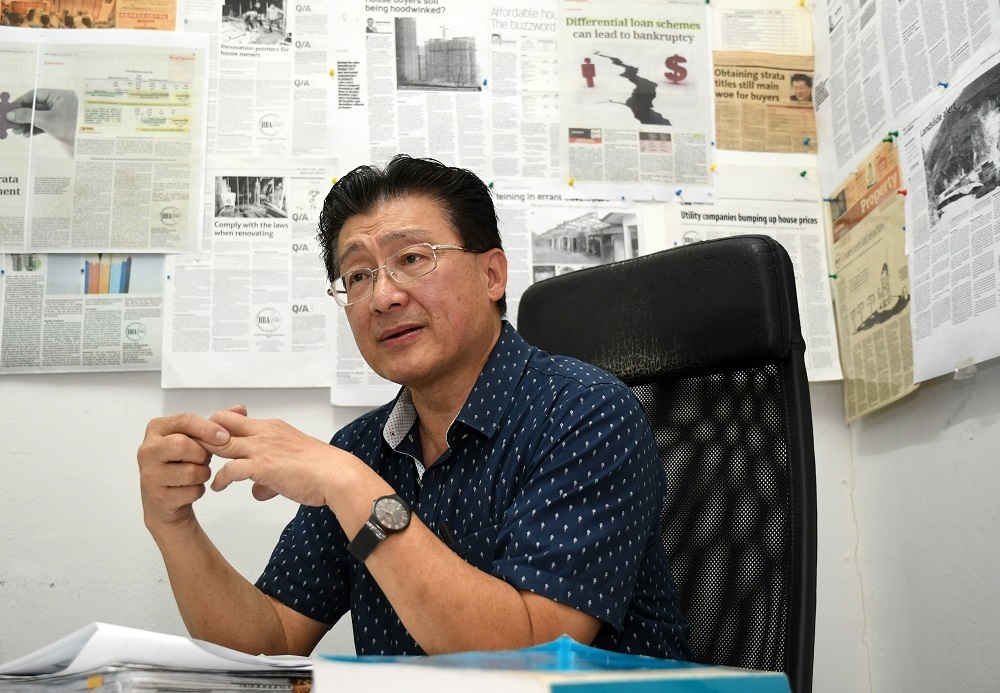
HBA recognises the great diversity of mixed-use strata developments in Malaysia, with its many permutations of serviced apartments, medium-cost apartments, low- cost flats, office blocks, retail blocks, shopping mall, hotel, car parks and others. The components can either be en bloc parcel blocks with a single strata title or multiple-parcel block with multiple strata titles.
Complicating things further, common property such as facilities in a mixed-use strata development may either be shared by all the parcels in a strata development, or exclusively designated for certain components only.
For example, in Central Park, Penang, high-end facilities of the condominium are not shared with low-cost flat residents. In Bukit Jambul Kompleks, Penang the centralised air-conditioning of its multiple-parcel shopping mall is not shared with its condominium and low-cost flat components.
Considering such diversity and complications, it is clear that one uniform rate of maintenance charges will not be applicable equally to all the different types of mixed-use strata developments. One size does not fit all.
Some proponents for ‘flat rates’ erroneously state that different rates are not allowed during the management period by the Management Corporation (MC) without Subsidiary MCs (Sub-MCs). The fact is, Section 60 of the Strata Management Act 2013 (SMA) provides for the MC to determine different rates of charges for parcels of significantly different purposes and for provisional blocks.
The best practice is to have different rates to ensure owners only pay for what they are entitled to use. A group of parcels in a block will bear the direct cost of its own exclusive common facilities and services, plus the apportioned shared cost of the shared common property. The total will then be divided by the total share units of the component to give its fair and reasonable rate of maintenance charges.
The concept here is the same as the MC and Sub-MC. The Sub-MC will bear the direct cost of the facilities and services in its own limited common property (LCP), and an LCP rate of maintenance charges will be collected from its members. The MC will manage and maintain the balance of the common property (CP), and a CP rate of maintenance charge will be collected from all the owners in the mixed-use strata development. The total of the LCP rate and the CP rate is essentially the different rate for the component mentioned above.
In Muhamad Nazri Bin Muhamad vs JMB Menara Rajawali & Anor, the dispute can be traced back to the first Annual General Meeting of the Joint Management Body (JMB) where it was unanimously resolved that the mandate be given to the Joint Management Committee (JMC) to fix the maintenance charges for residential and retail shop parcels at a rate not exceeding RM3.26 per share unit and car park parcels at a rate not exceeding RM1.68 per share unit.
Pursuant thereto, the JMC fixed the maintenance charges for residential and retail shop parcels at a rate of RM2.80 per share unit; and car park parcels at a rate of RM1.68 per share unit.
Decision of High Court
Dissatisfied with the resolution and the subsequent decision of the JMC, the Plaintiff who is an owner of a residential parcel filed a suit against the JMB and the owner of the car park parcel (whole floor) at the High Court, contending that different rates of maintenance charges discriminated against retail shop and residential parcels and were unlawful.
The High Court disagreed with the Plaintiff and found that there is nothing in the SMA which prevents the JMB/JMC from fixing different rates of charges as long as this is approved by the AGM.
High Court decision reversed
The Court of Appeal disagreed with the High Court, observing that share units are calculated according to the formula under the First Schedule of the SMA which already takes into account three weightage factors. The three factors make differentiations including different types of parcels, parcels with or without air-conditioning to the common areas or corridors, lobbies and foyers, parcels having benefit or no benefit of common lift/escalator facility, etc.
In addition, sections 21 and 25 of the SMA require the JMB to determine the maintenance charges “in proportion to the allocated share units of each parcel”.
The Court of Appeal ruled that since the three weightage factors have been applied in the calculation of share units for car park parcels, premised on equitable consideration, the JMB is only empowered to fix one rate applicable to all types of parcels. The Court of Appeal further agreed that since the car park unit (whole floor parcel) is already enjoying a 40% discount due to the calculation of its share units pursuant to the formula in the First Schedule of the SMA, it will enjoy a further 42% discount based on the lower rate of maintenance charges for car park units.
On another issue of delegation of duty by the JMB to the JMC to determine rates of maintenance charges, the Court of Appeal ruled that the duty is non-delegable.
Is the problem solved?
In reality, the issues in a mixed development extend beyond mere use of parcels and factors enumerated in the formula contained in the First Schedule of the SMA.
Between parcels of same use, costs of maintaining common areas may still vary. Certain common property, including facilities, may not be shared equally by the components in a mixed strata development.
Furthermore, the Court of Appeal’s decision fails to appreciate the differences between en bloc parcel block and multiple parcels block. For example, an en bloc office parcel block could have little or no common area within its own block and it may be unfair to require the en bloc parcel block owners to foot the bill for maintaining the common facilities located in a residential tower such as swimming pool and gym. A point to note is that the apartment and office share the same weight in computing share units.
The overriding principle in determining maintenance charges should be that an owner only pays for what he or she is entitled to use and vice-versa. Allowance of different rates during management by JMB will provide for flexibility while safeguards must be put in place to ensure that this mechanism is not abused.
When the SMA allows for imposition of different rates of maintenance charges for developments managed by the MC, the same shall be applicable to developments managed by the JMB unless there are valid justifications not to do so. After all, the JMB is merely a precursor to the MC and will be succeeded by the MC once the strata titles are issued. The spirit of the law is to have a smooth transition from JMB to MC and not to create confusion and dire ramifications.
Datuk Chang Kim Loong is the Hon. Secretary-General of the National House Buyers Association (HBA).
HBA can be contacted at: Email: [email protected]
Website: www.hba.org.my
Tel: +6012 334 5676
This story first appeared in the EdgeProp.my pullout on Nov 29, 2019. You can access back issues here.
TOP PICKS BY EDGEPROP
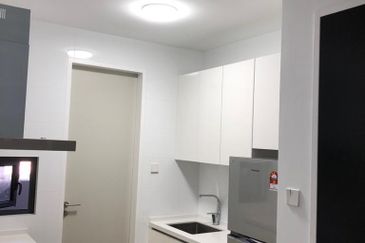
SkyLuxe On The Park @ Bukit Jalil
Bukit Jalil, Kuala Lumpur

SkyLuxe On The Park @ Bukit Jalil
Bukit Jalil, Kuala Lumpur
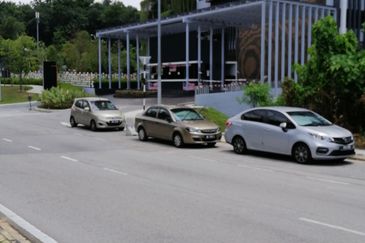
SkyLuxe On The Park @ Bukit Jalil
Bukit Jalil, Kuala Lumpur

